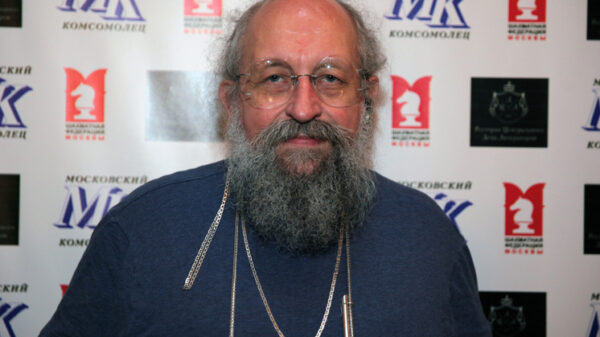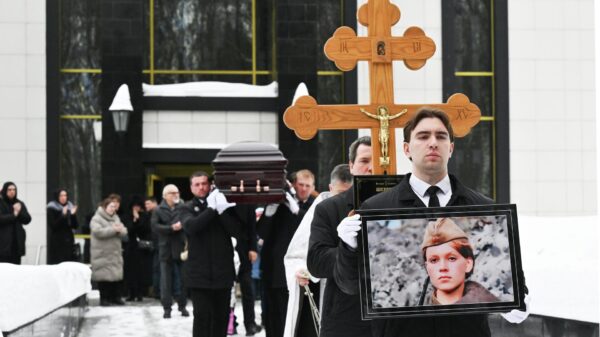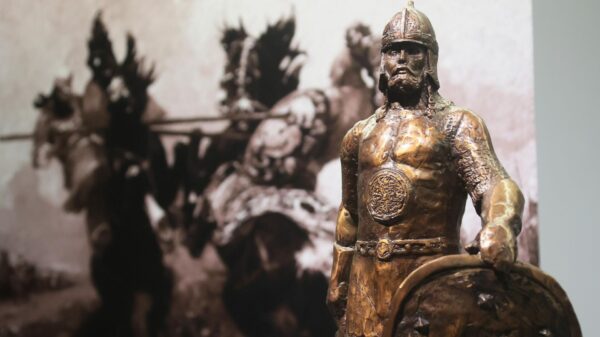 Working Class Heroes
Working Class Heroes
A working class hero is the way to be, sang John Lennon in 1970. This proclamation appeared ten years later. when class lines dissolved like never before: it was a time when kitchen-sink dramas dominated Britain's cinema and theater, and British pop music not only ruled the world, but unabashedly brought working-class culture into the mainstream.
< However, these days the concept of class, especially when it comes to art and culture, has become more vague and slippery. The once laudable idea of social mobility now has its skeptics, and, in fact, Matt Bromley and Andy Griffith's new book Working Class suggests that uprooting working-class children isn't the be all and end all. everything from which they came should be celebrated.
Later in the book, students are encouraged to explore a selection of books, music and films from Charles Dickens's Great Expectations to The Specials' Ghost Town. It's a tough road to navigate — many works, such as Mike Leigh's films, tend to patronize the working class rather than be glorifying. With that in mind, Telegraph critics share their own cultural experiences that deftly toe this line.
Dear Buds of May (1958)  Cast of the film «Dear Buds of May» Photo: ITV/Shutterstock
Cast of the film «Dear Buds of May» Photo: ITV/Shutterstock
The son of an illegitimate factory worker, H. E. Bates wrote five novels about Pop Larkin, scrap metal dealer and nominal farmer, and his huge brood. While most working-class people in fiction lead miserable, limited lives, the Larkins live off wealth, blessed with cunning to outsmart the taxman and bureaucrats trying to undermine their income; and rather than conform to middle-class values, they defy their prudish times to enjoy a vibrant and varied sex life. It's a bucolic fantasy world, but at least it shows that not every unposh character in fiction needs to be humiliated.
Billy Liar (1959)
Yes, read the Angry Young Men novels — Sillitoe, Barstow, Brain — and nod along with the authors' outrage at how the system is rigged against their blue-collar protagonists. Or perhaps read Billy Liar by their contemporary Keith Waterhouse and laugh.
Based on Waterhouse's own teenage experiences as a clerk for an undertaker, the novel details the dreams and pranks that make 19-year-old Billy Fisher's constrained existence bearable. Billy's unfulfilled ambitions are a source of slight sadness, but Waterhouse refuses to make him a martyr, instead endowing working-class life with a dignity worthy of being a suitable subject for a comedy.
By Jake Kerridge
Jerusalem (2009) < img src="/wp-content/uploads/2023/11/e83ac5063acbf0f7690f6afb77c58388.jpg" /> Mark Rylance in Jerusalem Photo: Simon AnnanWhen Jerusalem arrived in 2009 with the force of an instant classic, much was said about Jez Butterworth's unfashionable interest in country life. And there was also the inevitable admiration for Mark Rylance's exuberant performance as slacker drug dealer Johnny Rooster Byron. Less celebrated was the way the play struck at those on the margins, battling the steamroller of (middle-class) progress with a mixture of hedonistic escapism and stubborn community, with Byron as the focal point of mobile home dwelling. Modeled after a hard-working former construction worker, the character's astonishing complexity, coupled with his boastful wit, fierce individualism and mystical aura, made him a folk hero and figure of self-exalted authority: the V sign flipped the usual outdated, male, pale posse.
Beautiful Thing (1993) )
Jonathan Harvey's acclaimed and era-defining 1993 play (later made into a film) seemed to respond to the 1980s vogue for high-flying gay entanglements such as Another Country and Maurice. Instead, Harvey took us to the sprawling Thamesmead estate in south-east London and detailed the tender same-sex attraction of two boys living hard lives in neighboring flats, one of whom faces domestic abuse at home. The age of consent at the time was 21, but politics—and the horror of the AIDS epidemic—were sidelined on this pleasant, almost fairy-tale evening that celebrated the sweetly exuberant resilience of these archetypal misfits.
Dominic Cavendish
Ian Dury: New boots and knickers!! (Stiff Records) 1977 
It was a superb debut album from one of British pop's greatest wordsmiths. The wit, flexibility and sheer energy inherent in Dury's superb command of the language reveal a joyful sense of pride in his East End London roots. It's a world populated by amusingly drawn characters, including the outrageously sassy Billericay Dickie, the tongue-tied Egghead Trevor and the foul-mouthed Plaistow Patricia. Dury's unforgivably unreconstructed Cockney accent is cleverly contrasted with the lithe punk-funk sophistication of The Blockheads. Everything about this album is uplifting and romantic, filled with an earthly sense of love for people and the environment and imbued with the pathos of a tenderly understated account of the life of his father, My Old Man.
Madness: The Rise & Autumn (Stiff Records) 1982
Everyone's favorite crazy boys always celebrated their working-class origins with joy and love rather than punk fury. Their ska energy and Music Hall humor have the spirit of life lived to the fullest. The Rise and Fall was intended to be a concept album about their childhood in Camden, north London. It's wild, mischievous entertainment centered around the pop masterpiece of ordinary family life, Our House. Its performance on the roof of Buckingham Palace at the Diamond Jubilee concert in 2012 cemented its status as the unofficial alternative national anthem.
Neil McCormick
My Beautiful Laundry (Stephen Frears, 1985)  My beautiful laundry room Photo: AJ Pics/Alamy Stock Photo
My beautiful laundry room Photo: AJ Pics/Alamy Stock Photo
Against the backdrop of neo-Nazi violence in Thatcher's South London, this clever social comedy from the pen of the then little-known Hanif Kureishi struck a redeeming light. Little does anyone know that business partners Omar (Gordon Warnecke) and Johnny (peroxide-haired Daniel Day-Lewis), who take over running Uncle Omar's business, are also lovers. In this clash of the Pakistani and punk worlds, they get away with a secret affair because no one could have imagined it. Pushing boundaries in every sense, Stephen Frears' breakthrough hit thrives on compassion and bruised optimism for his hapless fans.
Alfie (Lewis Gilbert, 1966)
On the heels of Zulu and The Ipcress Files, Michael Caine reached a new echelon of fame as the lecherous cockney hero of Bill Naughton's 1963 play. As charming as he is heartless, he is known to shoot straight at the camera while swaying on set. Lewis Gilbert's comfortable attitude with the working class and his ever-evolving casting made him the perfect director for the job. It perfectly captured both the changing zeitgeist and the dark underbelly of 1960s London to a global audience. It became a box office sensation and was nominated for five Academy Awards, including Best Picture and Best Actor for his role as Kane.
By Tim Robey< /p>Brookside (1982–2003)  Brookside Photo: Television footage
Brookside Photo: Television footage
When it comes to television drama, soap operas set the template for how working-class lies are portrayed. In 1960, Tony Warren created Coronation Street, looking at the turbulent life of the people of Greater Manchester, but for all its popularity, its quirkiness and roster of eccentric actors sometimes felt less than authentic. Brookside, on the other hand, was the real deal. Created by Phil Redmond for the then-new Channel 4, this slice of Liverpool life was unproblematic and decidedly unsentimental (at least in its first decade). The fact that the film was shot so close, with echoes off the walls, created a feeling of real cinema that no one has been able to compete with since.
Auf Wiedersehen, Pet (1983–2004)
Since then, as Steptoe and Son took existential angst to a new level, the British sitcom has always been socially diverse. But this series, written by Dick Clement and Ian La Frenais, broke new ground. Following the lives of seven construction workers who travel to Düsseldorf in search of work, you never get the feeling that they are a bunch of actors looking for their motivation. Rather, it often seemed as if the actors had left a nearby construction site. Jimmy Nail, who played Oz, worked in a glass factory and got his «last name» when he was pierced in the leg by a six-inch spike. It may have been bleak, but ultimately the show was underpinned by a sense of optimism.
Ben Lawrence


























































Свежие комментарии